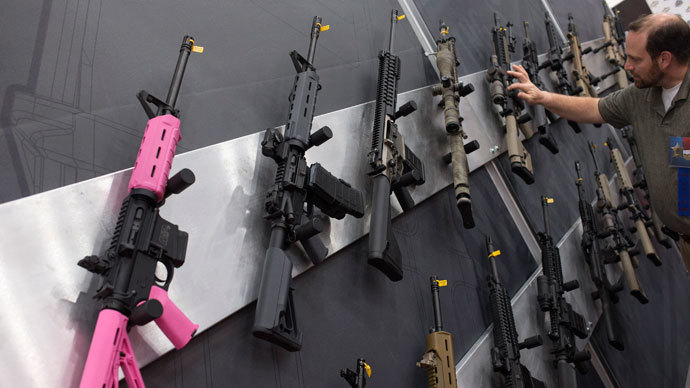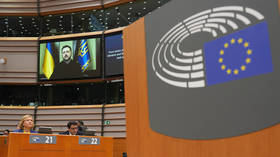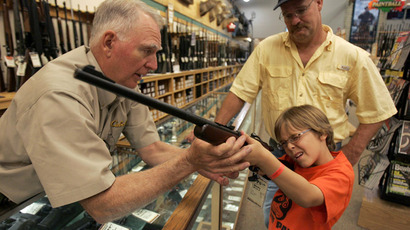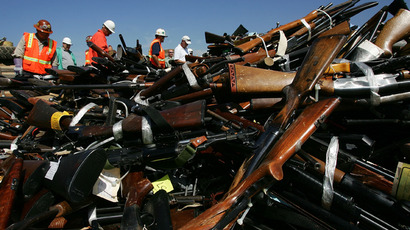NRA built massive database of gun owners while opposing national gun registry

The National Rifle Association has frightened Americans about the prospect of a federal registry of firearm owners, but the NRA itself has secretly created a database with information from tens of millions of Americans who do not hold a membership.
The NRA has spent years secretly collecting information about gun owners from state and local offices and has built the country’s largest privately held database of current, former and prospective gun owners, according to a BuzzFeed report.
News of the NRA’s database is particularly surprising, since the pro-gun agency heavily protested the idea of a federal gun registry after the Newtown massacre led to debates on increased background checks. Even though 91 percent of Americans supported universal background checks, lawmakers were unable to push such an initiative through Congress. At the time, the NRA’s Wayne LaPierre instilled a widespread fear that universal background checks would lead to a national registry of gun owners, which critics said could lead to taxes on guns or confiscation.
“That’s what [the feds] are after, the names of good, decent people all over this country, who happen to own firearms to go into a federal database or universal registration, every lawful gun owner in America,” LaPierre said in a speech at the Conservative Political Action Conference. “That’s their answer to criminal violence… are they insane?”
But that’s exactly what the NRA has been doing for years. The organization’s database includes personal information from people who have attended gun-safety classes taught by NRA-certified instructors or gun shows. The NRA also collected gun permit information from state and county offices, as well as the names of gun magazine subscribers.

Three million Americans are members of the NRA, but the database has information from tens of millions of people, NRA lobbyist Richard Feldman told BuzzFeed. NRA officials refused to share an exact number or go into the detail about their data-collection methods, but documents obtained by BuzzFeed indicate that the NRA may have bribed state officials into turning over their lists.
In 2009, a firm called Preferred Communications asked the Virginia State Police to purchase the names of concealed carry permit holders “on behalf of the National Rifle Association.”
“Can you please let me know if you offer 2008 and/or 2009 names?” the group’s representative wrote in a message. “Can you please let me know the address to send the check to and also whom to make it payable to?”
Officials in Arkansas, Oregon and Iowa also reported requests for such lists.
The NRA’s database gives the organization the ability to contact tens of millions of gun-owners to lobby their causes.
The data “gives the NRA more power,” Jon Bond, co-founder of the ad firm Kirschenbaum Partners, told BuzzFeed, noting that the NRA has an advantage over anti-gun groups. “It’s valuable politically because what it does is, it extends the reach of its political leverage beyond NRA members. They have gun owners, not just NRA members. There’s multiple purposes for it.”
With a national gun database containing names and addresses, the NRA has the power to target certain markets and influence Americans to support them. But even if the NRA only uses its database for marketing or advertising purposes, their secret creation of a registry they long stood up against might prove difficult to defend.














